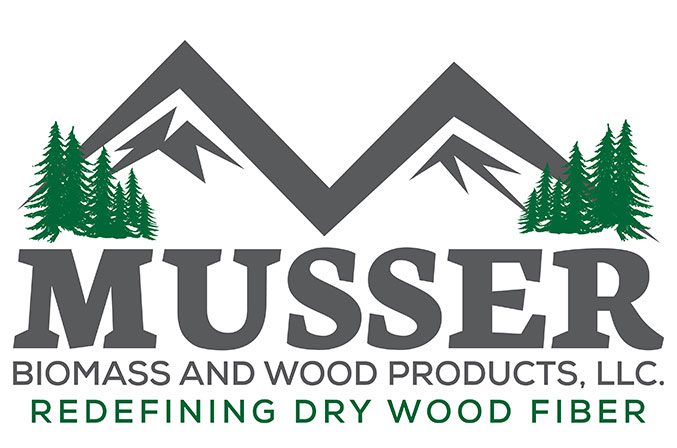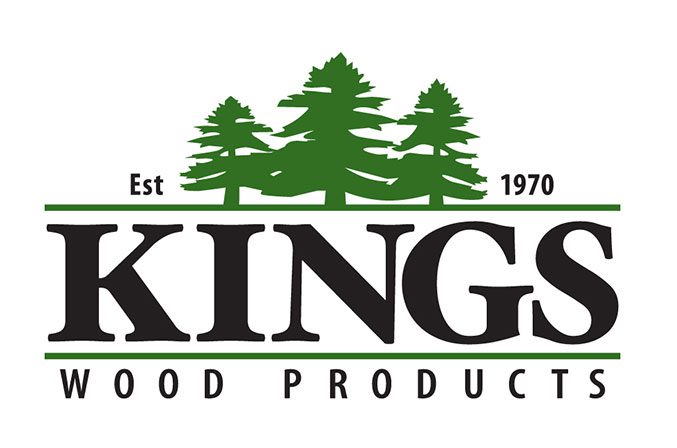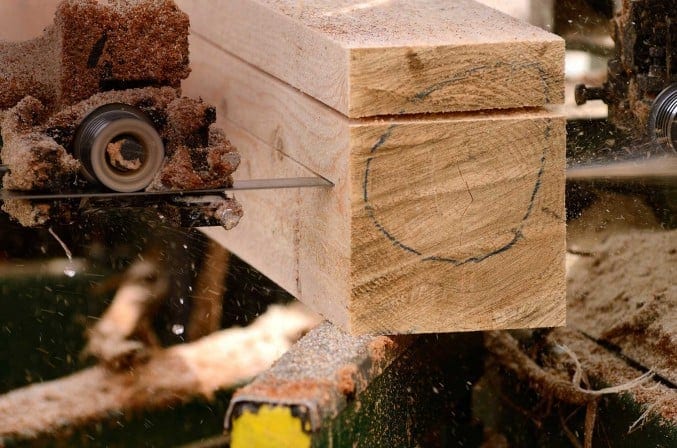Made in the USA
Since its founding more than 35 years ago, Boston-based The Watermill
Group has kept an eye on manufacturing companies. Of course, given the ebbs and flows of the market, investing in American manufacturing companies hasn’t always been an easy or even a good strategy. In fact, most companies have been outsourcing their manufacturing needs for the last 20 years to places where the cost of labor has been cheap, thus making it extremely difficult to own a successful manufacturing company in the United States. However, the development of horizontal fracking technology in the energy sector, coupled with increasingly higher costs of outsourced labor and lower quality production from
non-North American countries, has caused companies to reassess their manufacturing policies.
As a result, many companies are now bringing their manufacturing operations back to North America. Sensing this shift, Watermill renewed its commitment to manufacturing by purchasing the Dresser, Wis.-based company Tenere Inc. in December 2012.
When assessing the value of a manufacturing company, Watermill outlined three main drivers. “There are three inputs that manufacturers have to look at: the cost of raw materials, labor costs and energy costs,” says Steven E. Karol, managing partner and founder of Watermill, noting that the resulting lower cost of natural gas stateside is translating into lower manufacturing costs domestically. “Energy is a major input, and the cost of it is decreasing. Tenere can do great here and so can many other companies with these favorable factors playing a positive role.”
Founded in 1966, Tenere manufactures advanced, customized components from metal and plastics for blue chip customers such as IBM, Hewlett- Packard, EMC and John Deere. The company manufactures everything from steel metal fabrication to injection-molded products, but most of its customers are technology companies with data centers. For those clients, Tenere helps engineer server racks to maximize computing density while ensuring machines have the spacing and ventilation to function reliably.
The company had been on Watermill’s radar for a while. Where others may have looked at Tenere and saw a metal and plastics part fabricator, Watermill saw the potential for a cutting-edge design and manufacturing company coming into favor given the shift in manufacturing trends. Previously owned by Stonehenge Partners Inc., Tenere had been on and off the selling block numerous times in the past 12 years. The company was in need of a partner with a longer-term outlook than prior owners.
“Watermill was attracted to the engineering sophistication at Tenere,” says Watermill Partner Robert Ackerman. “We specialize in optimizing mechanical components in
highly complex systems,” says Greg Adams, CEO of Tenere. “By fine-tuning the mechanical components, we can help our customers achieve greater operational efficiencies. And considering data centers today can cost billions of dollars,
making the most of each facility is very important.”
Tenere’s storage systems are custom-built for each customer and often include more than 10,000 parts that need to be customized, designed and assembled. “Our
clients count on us to be a reliable extension of their organization. We need to be flexible, good at problem solving and meet the client’s needs, which are continuously
changing,” Adams says.
Undoubtedly, the uncertainty surrounding Tenere’s future for so many years took an emotional toll on its employees and changed budget decisions. “I think Watermill’s high-growth approach was liberating to the employees,” Adams says. “It emphasized a long-term strategy to build the company out while serving the customers. Watermill believes that if we build a great company, then everyone’s financial goals will be met.”
In the short time that Watermill has owned Tenere, the company has been growing rapidly. To date, its gross sales are up to $100 million per year, a 50 percent increase from the prior year. Naturally, Tenere’s growth hasn’t come without a substantial contribution from Watermill. Watermill has spent about $9 million, taking into account the acquisition and equipment Watermill has financed. “We have made a real commitment because we believe in this company,” Ackerman says.
The first thing Watermill did upon taking ownership was invest in the team. Watermill hired Adams, who had been the chief financial officer at Nypro, a manufacturer
of products for the healthcare and packaging industries.
“We wanted someone with the vision to see the growth possibilities and to
bring leadership, but we also wanted someone who understood where the
company was and was willing to get hands-on in creating change,” says Julia Karol, a director with Watermill.
Watermill then took the management team on a retreat and worked to reenergize
the employees. “We wanted them to know we were there to support their growth because having a motivated team is critical,” Julia Karol says.
Adams personally met one-on-one with every employee, then met with them again in groups of about 15 to listen to how they felt the company could be improved. “Eighty percent of the employees are working with the product, and they added a valuable perspective. And they were anxious to be engaged,” Adams says. “We laid everything out after we got the employees’ input.”
What’s more, Watermill wanted to make sure people understood that a manufacturing job at Tenere is a career path and started emphasizing training at the company and at local colleges.
Additionally, Tenere hired a supply chain director and more employees. The head count at the company has grown from 318 to a whopping 618 employees in less than a year. Part of the employee growth came early on from an add-on acquisition Watermill completed in May 2013. Watermill bought Protogenic, a carve-out that focuses on prototyping, design and casting. “We added 35 people, and it expanded our capabilities by creating prototypes and demonstration drafts before we put products into full-scale production,” Steven Karol says.
With the acquisition, Tenere also acquired a 22,000-square-foot manufacturing facility in Lakewood, Colo., and has since opened several more manufacturing facilities. Today, the company has four plants located in Dresser,
Lakewood, St. Croix Falls, Wis., and Somerset, Wis. Watermill also is investing
in new machinery to accommodate its growth and customer demands.
“We export from Wisconsin and Colorado to all around the world,” Adams says. “Our plants are filling up. Our parking lot is jam-packed in Wisconsin and the employees are energized by it. This whole business comes down to the people. It’s a critical component. And we’ll continue to grow.” //
Danielle Fugazy is a freelance writer and contributor to Middle Market Growth







